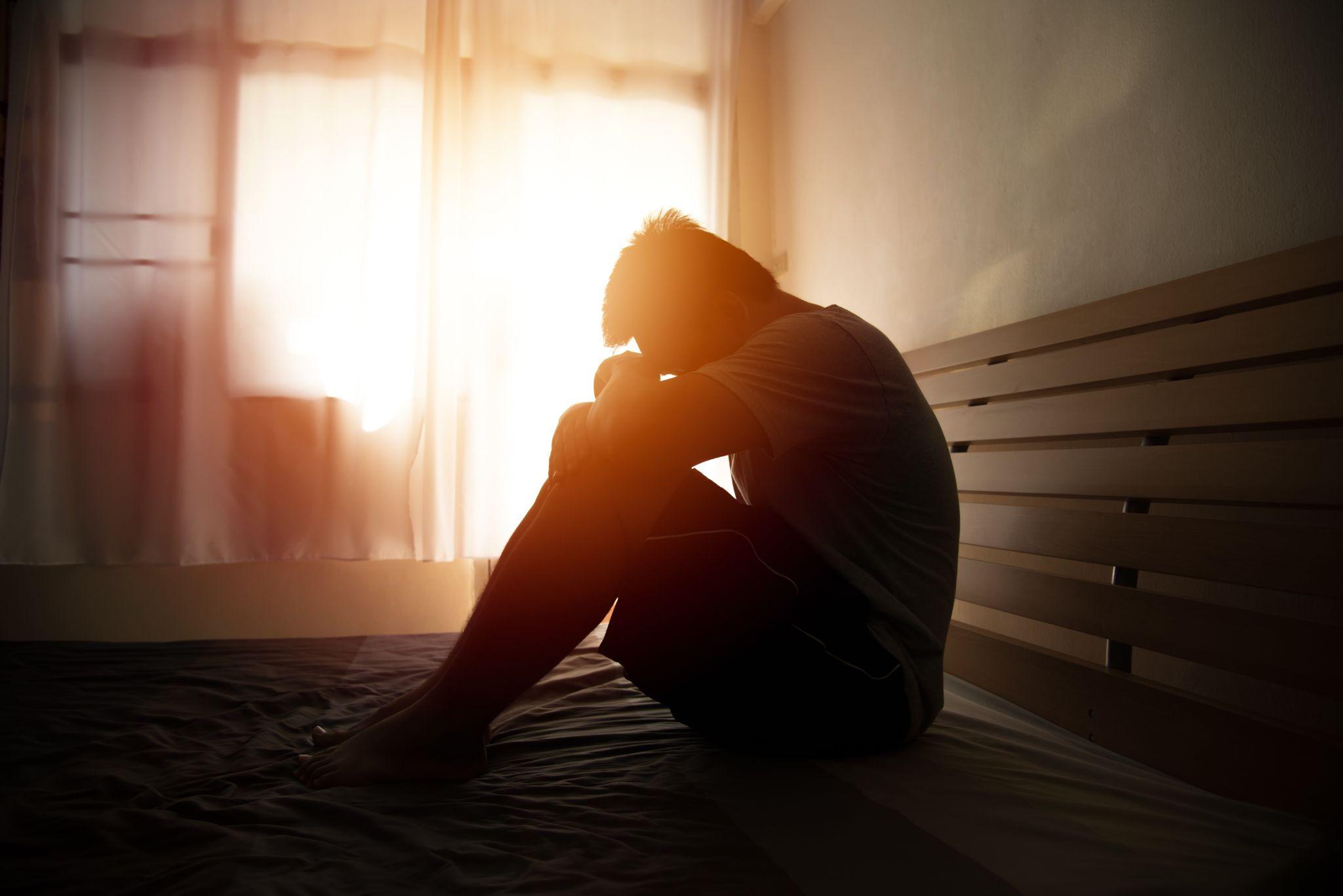Klonopin has emerged as a beacon of relief for many in the stressful and anxiety-provoking society we live in. Known as the brand name for clonazepam, this medication belongs to the benzodiazepine family, which are Schedule IV drugs, noted for their ability to quell anxiety, ease epileptic seizures, and provide sedation.
Klonopin is a central nervous system depressant that works by enhancing the activity of neurotransmitters in the brain, promoting relaxation, and reducing anxiety. Its potency makes it highly effective but also raises the specter of dependency, especially with long-term use or misuse.1
Klonopin addiction is common, and Lumina Recovery aims to educate about Klonopin abuse and its adverse effects.
The Cycle of Klonopin Dependency
When we talk about becoming dependent on Klonopin, it’s like walking down a path you didn’t know you were on. It can start innocently with a prescription from a doctor to treat anxiety, stress, panic attacks, and panic disorders.
Maybe you were feeling anxious or couldn’t sleep, and Klonopin seemed like a lifeline. But as days turn into weeks, your body and mind begin to adjust to having the drug in your system. This adjustment can lead to tolerance and, eventually, dependency.
Imagine your body as a machine that gets used to running with Klonopin. At first, a small amount is enough to keep it running smoothly. But over time, it needs more fuel to work the same way.
This need for more to achieve the same effect is called tolerance. It’s your body’s way of adapting, but it also signals that dependence and a substance use disorder could be developing.
The two sides to Klonopin dependency are physical and psychological. Physical dependency is when your body protests if Klonopin is not available. Withdrawal symptoms can range from being as mild as feeling restless to as intense as experiencing seizures. It’s like your body shouting, “I miss Klonopin!”
Psychological dependency is when your mind craves the calmness Klonopin brings. You might start to think that you can’t face the day without it. This mental tug-of-war makes it hard to let go of the drug.
As the cycle continues, the development of an addiction and the consequences of Klonopin use begin to manifest in more tangible ways, affecting personal responsibilities and social relationships. This increases the risk that performance at work or school may decline, and withdrawal from social engagements and activities once enjoyed becomes more pronounced.
Despite these negative impacts, the compelling urge to use Klonopin persists, driven by both the desire to avoid withdrawal symptoms and the belief that the drug is necessary to cope with daily life.
This cycle of dependency encapsulates the physical and psychological grip that Klonopin can have on an individual, illustrating the complex nature of dependency that intertwines the drug’s long-acting effects with a person’s life.
Recognizing this cycle is the first step toward seeking help and breaking free from the hold of dependency, paving the way for recovery and a return to a healthier, more balanced life.
Klonopin Dependency and Withdrawal
Individuals may start to experience withdrawal symptoms and side effects when Klonopin begins to wane. These symptoms can range from short-term physical discomforts to emotional and psychological disturbances.
This discomfort often compels the person to take the drug again, seeking relief from these withdrawal effects, thus reinforcing the cycle of dependency.
These symptoms of Klonopin withdrawal typically emerge within 1-3 days after the last dose and can include anxiety, irritability, insomnia, tremors, sweating, increased heart rate, headaches, muscle pain, and in severe cases, seizures.2
The intensity of these symptoms often peaks around the first week, gradually subsiding over a period of 2-4 weeks. However, some individuals may experience protracted withdrawal symptoms, including chronic anxiety and insomnia, which can persist for months.
The timeline and severity of withdrawal symptoms depend on factors such as the dosage, duration of use, and the individual’s overall health.
It’s crucial to approach Klonopin discontinuation under medical supervision to manage withdrawal symptoms safely and effectively. It is often through a gradual tapering of the dose to minimize the adverse effects of withdrawal.
Recognizing the Signs: Know What to Look For

Identifying the early signs and symptoms of Klonopin dependency is crucial for getting help for prescription drug abuse before the situation becomes harder to manage. These signs can be subtle at first but become more apparent as dependency grows.
Increased Dosage. You may find yourself taking more Klonopin than was prescribed to achieve the same calming effect. This increase is often the first sign of tolerance leading to dependency.
Preoccupation With Medication. If thoughts of your next dose dominate your day or you’re constantly worried about running out, it’s a sign that the medication plays too central a role in your life.
Withdrawal Symptoms. Experiencing physical discomfort, mood swings, or other symptoms when you haven’t taken Klonopin for a while is a clear sign of physical dependency.
Neglecting Responsibilities. If Klonopin use starts affecting your work, school, or family responsibilities, it’s time to take a closer look at your usage.
Social Withdrawal. Pulling away from friends, family, and social activities you once enjoyed can be a sign of dependency.
Seeking Help for Klonopin Addiction
The pivotal first step in recovery is seeking professional help for addiction treatment. A healthcare provider can guide you through the process, starting with a gradual tapering plan to safely reduce Klonopin use.
This careful approach helps manage withdrawal symptoms, making the transition smoother and more manageable. It’s important to remember that you’re not alone in this journey—healthcare professionals possess the expertise and experience to support you at every step.
Get Help for Klonopin Abuse With Lumina Recovery
Klonopin, while effective for certain conditions, comes with a significant risk of dependency. Recognizing the signs and understanding the risks are vital first steps for anyone concerned about their use of Klonopin or that of a loved one.
Lumina Recovery offers prescription drug programs and outpatient treatment options for those struggling. With the right support and strategies, overcoming dependency is possible, opening the door to a healthier, more balanced life.
Contact us today to learn more about the services and resources we offer.
Disclaimer: This article is intended for educational purposes only and should not be considered medical advice. If you or someone you know is struggling with medication dependency, please seek professional help from a qualified healthcare provider. The experiences and risks described may not apply to everyone. Individual experiences and risks may vary based on personal circumstances and medical histories.
Sources:



